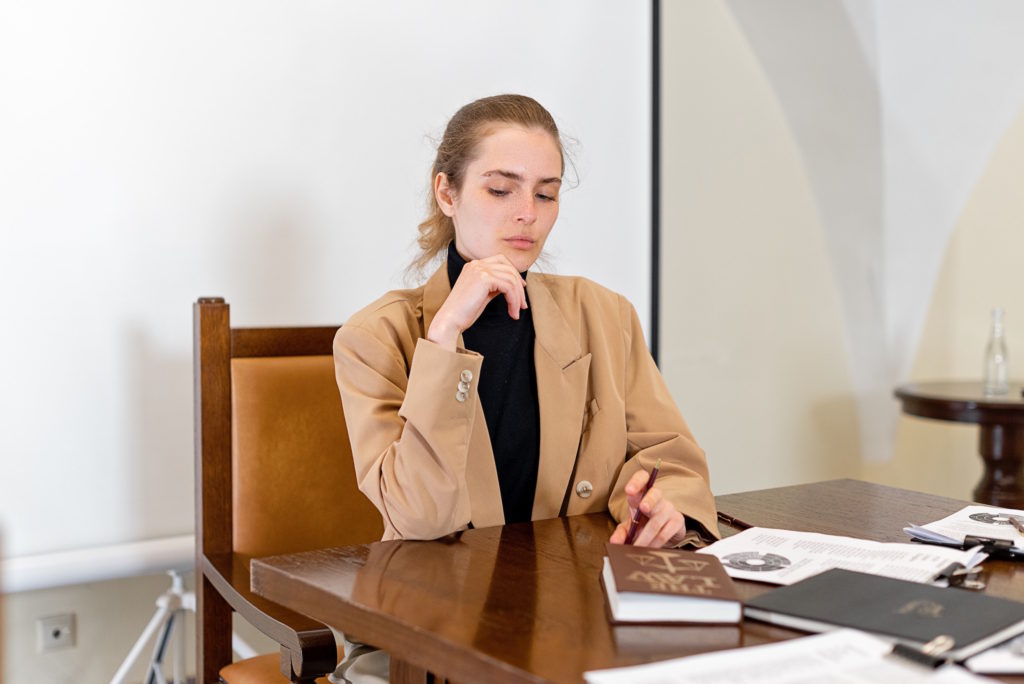Posted 2/21/22
When I was considering a career move to the nonprofit, after significant experience in sales, customers service and account management, and before I was hired to start as a fundraiser in a temporary role, I was all-over the literature and “how to” books, articles, Youtube, regarding fundraising. Because it is not an exact science, even many current fundraisers tend to seek the perfect meeting, cultivation or ask, and find themselves looking for answers and proper techniques. While maintaining the philosophy of continuous learning is important, over-doing it can cause problems. It is quite common.
The pitfall in this strategy is that focusing on ourselves and our appearance as well as techniques, can interfere with our ability to connect with donors and make us lose or miss important communications that donors might share. I sometimes noticed that the more I focused on my own approach, “Am I listening enough, or too quiet? Am I smiling? How is my body language? Did I tell the right story? Did I catch the negative reaction in our conversation? Was that the right time to joke with the donor?” the more unnatural I appeared. Now this might be an exaggeration, but it is human nature to look for answers when trying something new such as asking for money.
I have found times where my self-consciousness and self-evaluation made me miss some simple yet telling clues from the donor. The key here is that your greatest strength is you, your personality, insights, feelings/emotions, sense of humor, which surface not through planning or self-assessment, but by being yourself. It is important to observe and understand the donor, and “how to” information can be quite helpful, but there is also the pitfall of overthinking and over-analyzing. You can always improve, but you can’t learn to be you. Obviously, there is some planning and other techniques to help advance the fundraising relationship, as there are goals and objectives needed to raise funds. Finding the balance between being natural / yourself, and evaluating your own performance, as well as reading the donor, can be a challenge, and I have always found that when in doubt, stop cluttering your brain and be yourself.
Photo by Mikhail Nilov (www.pexels.com)
